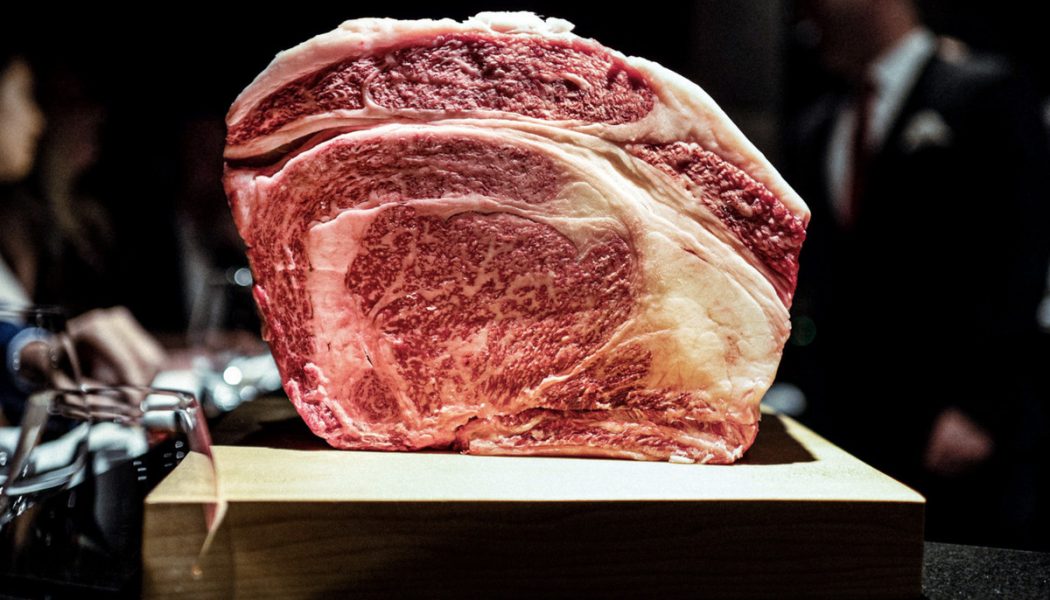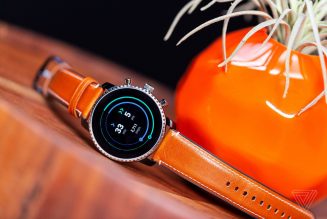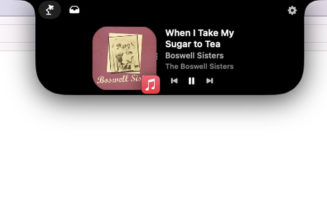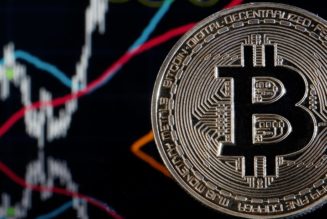Ordering delivery through an app like DoorDash or GrubHub saves the trouble of cooking and lets you be a little picky — you can order from your favorite restaurant. But imagine receiving your food, sitting down to eat, and it tasting… different. And then, following your gut, you learn that you’ve been duped by a fake, an imposter restaurant that stole its name. For many people ordering from two Japanese restaurants in San Francisco, that exact thing may have happened, The San Francisco Chronicle reports.
One restaurant, now styled as an izakaya called Chome, originally opened for delivery and takeout in the former location of Blowfish Sushi. Except it didn’t bother to change the name, awning, or logo at the start. Chome, operating as if it were Blowfish Sushi, served sushi to people ordering through apps like GrubHub, Postmates, DoorDash, and Uber Eats using the identity of a restaurant that closed in December 2020. Before it closed, Blowfish Sushi had been serving its neighborhood for two decades.
Blowfish’s former owner, Jason Teplitsky, was not exactly thrilled. “How does someone decide to do something like this? Did they think we all got COVID and died?” Teplitsky tells the Chronicle.
:no_upscale()/cdn.vox-cdn.com/uploads/chorus_asset/file/22430912/Screen_Shot_2021_04_08_at_3.28.42_PM.png)
Another fake restaurant, SF Wagyumafia, shares the name of a famous sandwich shop known for its $180 wagyu sandwich and locations in Tokyo and Hong Kong. This San Francisco restaurant has no connection with the actual chain, according to the real Wagyumafia, but it was advertising the $180 sandwich. The fake was convincing enough to initially fool one food writer, the Chronicle writes. When you’re ordering through an app without any real way to gauge what you’re getting into, what can you do but take a restaurant at its word?
At first glance, both these restaurants might seems like ghost kitchen schemes gone awry. They’re seemingly focused on delivery, readily accessible through the most popular apps, and of an unknown origin. But blatantly copying other well-known restaurants to the point that people mistake one for the other, or think a classic has suddenly reopened, seems more like straightforward fraud. The new “Blowfish Sushi” even registered as Blowfish with the city of San Francisco, which makes it seem like the owner knew what they were doing.
Teplitsky and the original Wagyumafia are considering legal action, according to the Chronicle.
In response to the concerns over both restaurants’ legitimacy, DoorDash and GrubHub have removed Wagyumafia and Blowfish Sushi from their listings, the Chronicle writes. I wasn’t able to find a listing for either restaurant on Postmates or Uber Eats, either.
DoorDash, Postmates, GrubHub, and Uber Eats either didn’t respond to our questions about how they verify restaurant listings in the first place, or weren’t able to tell us whether they have any specific protections to keep one restaurant from stealing another restaurant’s name.
GrubHub did at least reply with a generic description of its practices:
We have no tolerance for misconduct or misuse of the Grubhub platform. We have a number of safeguards in place to prevent potentially fraudulent listings on our marketplace and we are constantly improving our processes and testing new features to prevent these situations. In the case of any listings that might be fraudulent, we immediately investigate and remove them from the marketplace if they’re in fact fraudulent.
In GrubHub’s case, it says fraud like this isn’t widespread, but says it’s unable to explain exactly how it prevents fraudulent listing because doing so would potentially make its methods no longer useful.
Fake restaurants aren’t the only surprises potentially awaiting you in food delivery apps: some legitimate brands have also tried to entice diners by changing their name for delivery. Remember, that pizza you purchase from Pasqually’s actually comes from Chuck E. Cheese.










